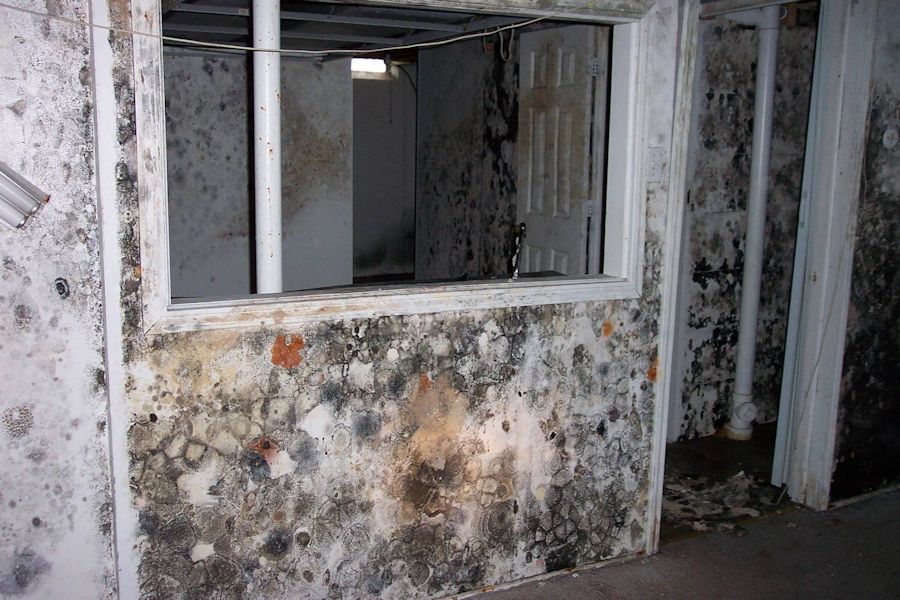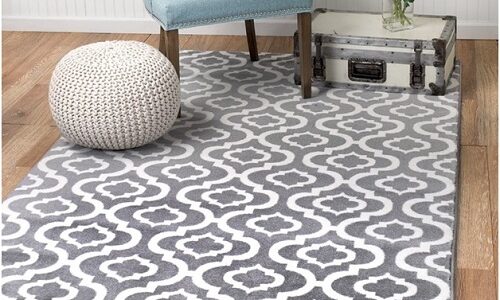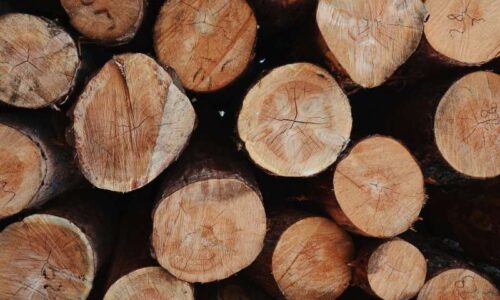Anytime water damage is detected in your home, there are numerous repairs that you may need to make. Aside from this, mold can grow rampant in a water damaged home, and you may not even know it. Once moisture gets into your walls, which happens in many flood and water damaged homes, mold can grow inside the insulation, as well as the interior walls. Because of this, all it takes is a small seamless leak, or just the weakening of the wall structure for the mold spores to seep out, and start spreading viciously throughout your home. In this guide, we’re going to explain why New Jersey homes need a mold inspection when water damage is detected.

Where Can Mold Grow?
In any New Jersey home, mold can grow anywhere where there is excessive moisture, but at the same time, it loves dark places. Many homes have crawlspaces, and hollow walls, as well as dark bathrooms and basements because these areas aren’t always full of frequent traffic. The Iris Environmental Laboratories Website indicates because of this, mold grows more dominantly in these rooms of a house and can even grow in laundry rooms where there is usually excess moisture.
Why are Mold Inspections Important?
When you get a home mold inspection, your New Jersey inspector will give you the added insurance that you can be safe. Many times, in order to repair and inspect for mold, you need to tell the inspector all of the places that mold has a risk to grow, and where there was water damage to your home. Should they need to inspect and do mold removal, you will then be notified and will probably be asked to not reside there for a little while, or not to use the areas contaminated for your own health.
If you hire a licensed professional, you won’t be liable for any health problems that may arise. Never hire someone to inspect for mold if they’re not a licensed and insured contractor.
What Important Steps Can You Take?
Other than getting professional help and being as informative as possible, you can try to eliminate and prevent mold by getting things like a dehumidifier, a sump pump for basements, and make sure that drains are clear from clogs. Most people don’t realize just how much plumbing can actually affect the possibility of mold growing and excess moisture being present.
Also, you should ensure that dry material is in your home. If you had wall damage, repair it quickly or have a contractor do so (such as damaged warped drywall, wood paneling, etc.).
Conclusion
New Jersey has a high record of homes just like any of the other coastal states in the area. With all the excess water nearby, it’s really for you to end up getting water damage, and the closer you live to the coast, the more water damage you may have due to hurricanes, floods, and more (You don’t have to worry about the ocean flooding, but certain storms can actually cause higher tides and river flooding which can lead to more damage). Be sure you get your home inspected as soon as possible if and when you have any type of water damage. This can even include busted pipes in the winter, as it is very common due to the cold northeastern climate of New Jersey as well.

